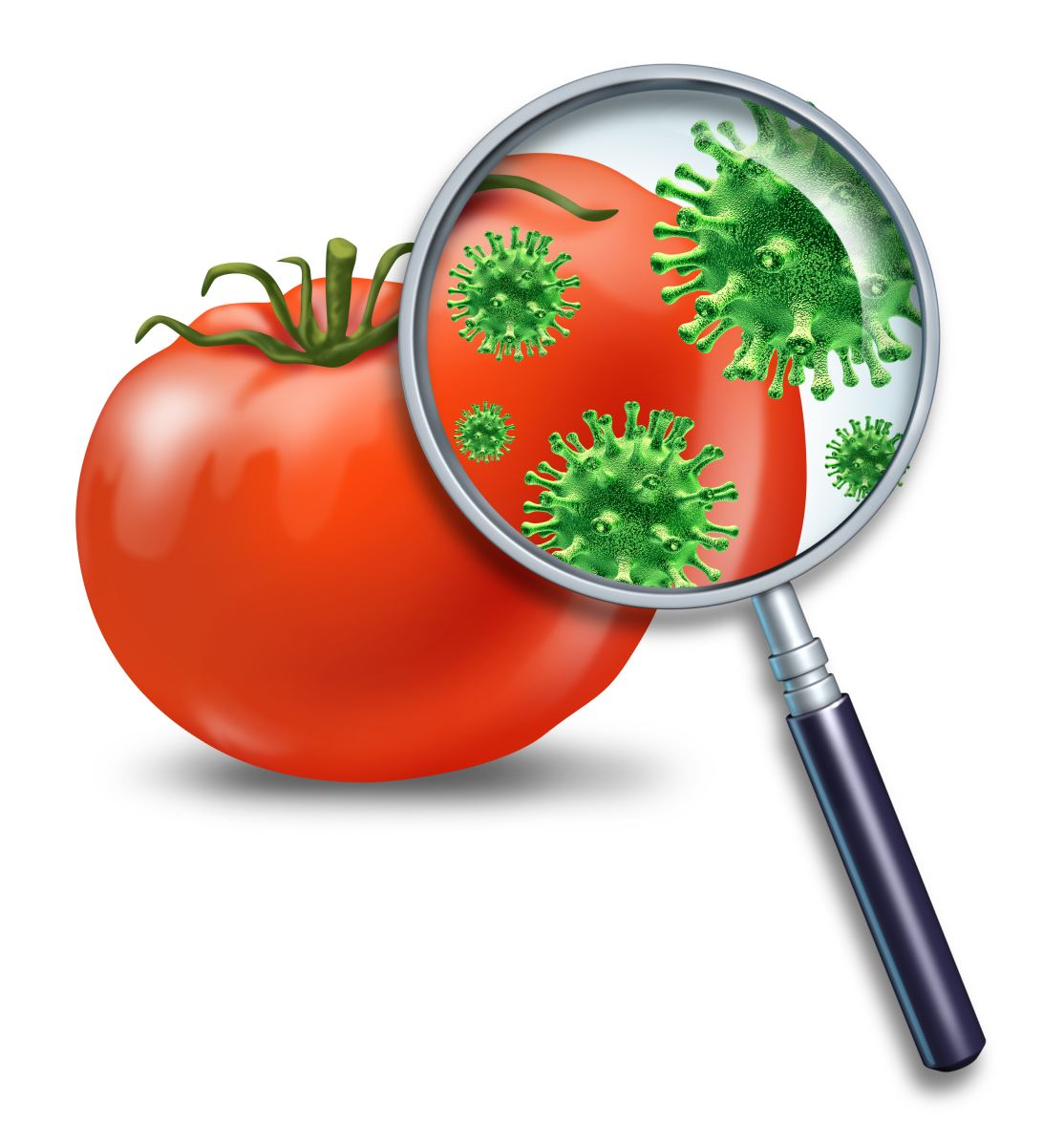Order a callback


Order a call

Order a service
 08.06.2017
08.06.2017
Today we are observing an environmental crisis in many parts of the world, including Kazakhstan. The deterioration of the environment affects all spheres of human life and, in general, the well-being of the population, since as the environmental situation changes, the quality of the product consumed also changes. Food products provide the human body with chemical and biological substances that form a food chain, including all stages of agricultural and industrial production of food raw materials and food products, as well as their storage, packaging and labeling. Manufacturers are responsible for the safety of food products consumed; they are obliged to follow sanitary standards, hygienic standards and requirements that guarantee human and public health. But nevertheless, the danger of contracting foodborne infections still remains high, therefore, in order to protect public health, the state monitors the safety of food and consumer goods, and authorized organizations conduct the necessary research and examinations to determine the detection of foreign toxic substances in consumed goods.
RSE at the PCV “National Center of Expertise”, being one of the centers that ensures control over the safety of consumed products, actively conducts both independent examinations and examinations at the request of legal entities and individuals. Therefore, any citizen who has doubts about the quality of the food product consumed can seek help from highly qualified specialists and be confident in the results provided by them.
Kazhibekova Gulzhan Kazhibekovna, doctor of the sanitary-epidemiological service of the bacteriological laboratory of the branch of the RSE at the National Center of Expertise in Almaty, notes that the cause of many infectious diseases is the food consumed, contaminated with microbes of various infectious diseases. “Food infections occur due to the use of poor quality food that contains pathogenic microorganisms. As a rule, pathogenic microorganisms are incapable of a free lifestyle; their habitat is the human or animal body, which is usually called the host of parasites. They are characterized by strict specificity, that is, each pathogen can cause a specific disease, for example, typhoid bacillus - typhoid fever, dysentery bacillus - dysentery. A characteristic biological feature of pathogenic microbes is the ability to produce toxins and other harmful substances that have a pathogenic effect on the body. Pathogenic microbes produce two types of toxins: exotoxins and endotoxins. Exotoxins are released into the environment during the life of microorganisms, and endotoxins are released only after their death and destruction. The causative agents of these diseases enter food products from various sources: from the air, soil, contaminated water used for washing or cooking, and can be introduced by insects (flies, cockroaches) and rodents (rats, mice), as well as people who come into contact with food (from hands, clothes, droplets of saliva when coughing and sneezing), etc. Foodborne infections arise as a result of active reproduction and toxin formation of pathogens in the host’s body,” said Gulzhan Kazhibekovna.
Also, these infectious diseases are transmitted from one person to another mainly through food and water, less often through other means. Along with food, pathogens of various diseases are introduced into the body: dysentery, typhoid, tuberculosis, anthrax, etc. In addition, some diseases are transmitted to humans from sick animals (tuberculosis, brucellosis, foot-and-mouth disease, anthrax and others), for example, milk from tuberculosis or brucellosis cows. They are called zoonoses. The greatest danger is caused by pathogens of gastrointestinal diseases. For some of them (causative agents of typhoid fever, dysentery, cholera), food products are an environment unfavorable for development. However, they can remain viable on food products for a long time.
How then can you be confident in the food you consume? Every sane person will ask this question. Therefore, there are certain standards that manufacturers must follow and provide to the consumer. In turn, the state also carries out all the necessary procedures to ensure food safety, and also conducts laboratory tests in NCE branches. To protect their health, people need to be more careful and follow the simplest rules in choosing food products, this is to look at the expiration date and composition of the product.
Advice: To prevent the spread of infectious diseases transmitted through the meat of sick animals, it is necessary to take meat products that have been checked by veterinarians and have an inspection mark. If the preparation technology is incorrect and sanitary and hygienic requirements are not observed when storing jellies, vinaigrettes, salads, as well as in meat and dairy products, the latter can be a source of the spread of intestinal and other infections. To prevent human infection with typhoid fever, dysentery, infantile paralysis, paratyphoid fever, tuberculosis, brucellosis and foot-and-mouth disease through milk, you should only consume boiled or pasteurized milk.